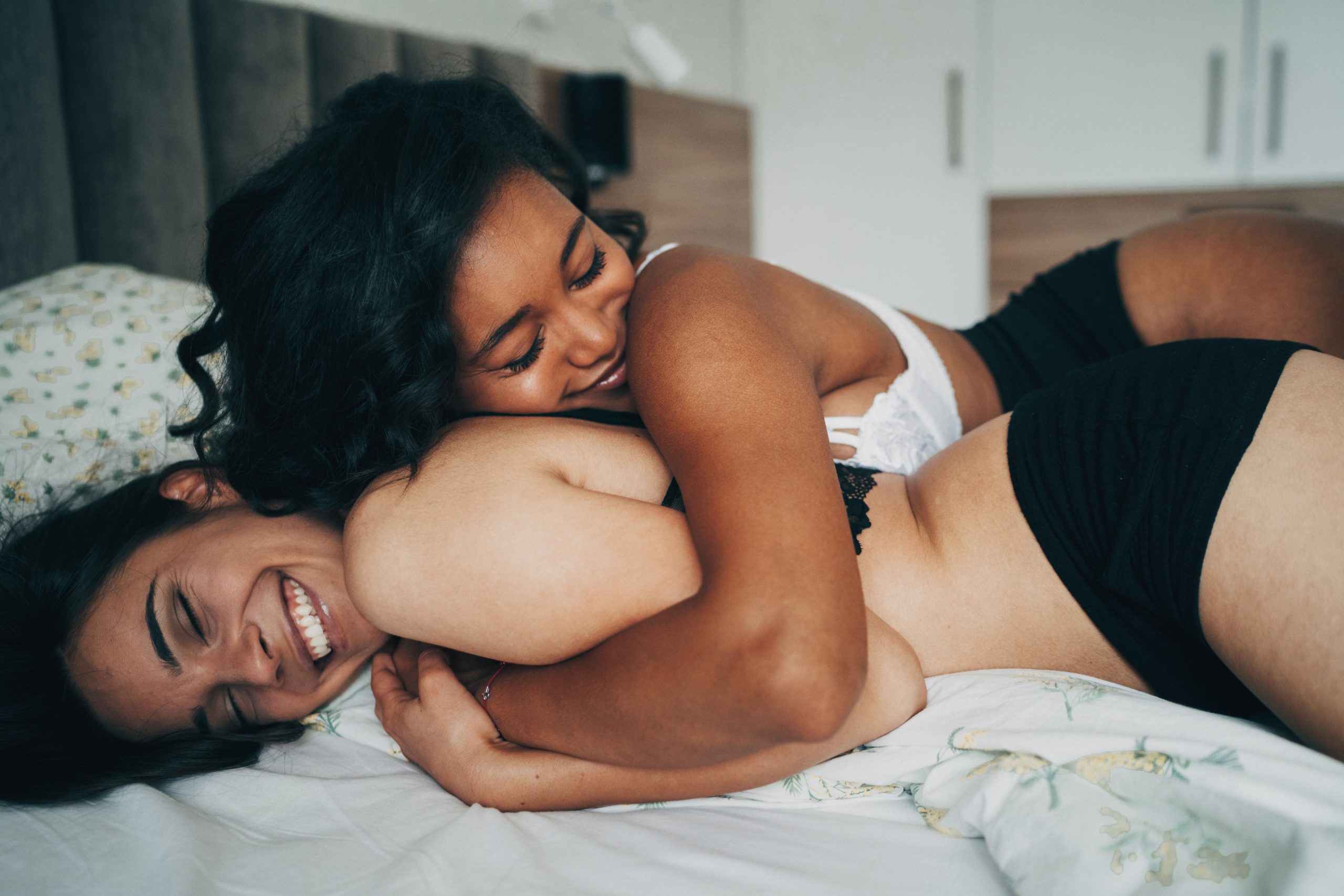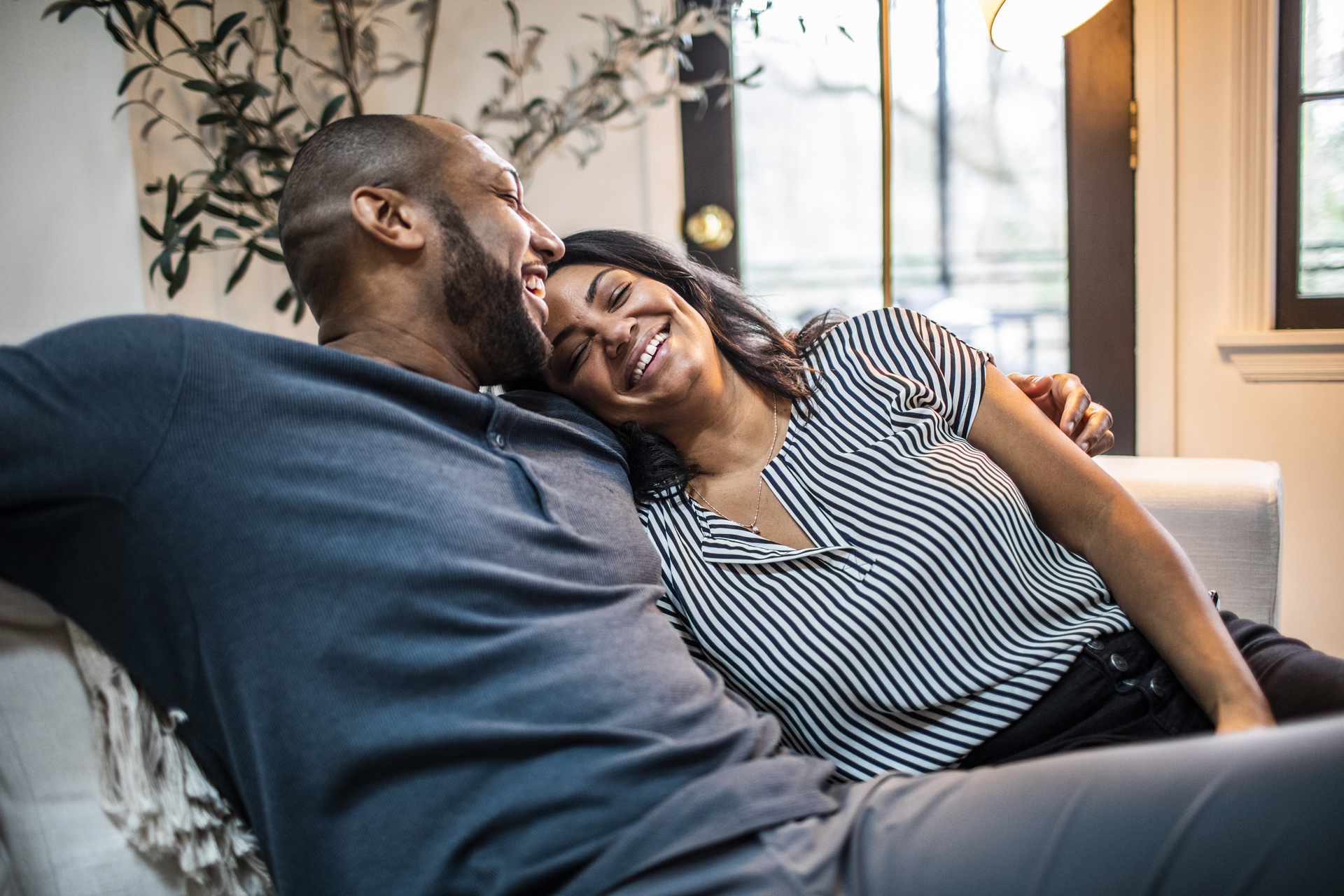
2020 Happiness Index Study
It’s 2020 and we haven’t seen so much sex and politics since Season 1 of House of Cards. eharmony’s third annual Happiness Index reports that 82 percent of couples are happy in their current relationship despite arguing 50 percent more about politics with their partner in 2020. We worked with a leading research firm to look at how U.S couples are coping in this tumultuous time. Our data reveals sex alone isn’t enough to create a happy relationship. Couples that focus on both quality time and sex report being happier (87 percent) compared to couples only focusing on either sex (69 percent) or quality time (82 percent). Take a look at our findings below.
Table of contents
Meet me in the bedroom
It’s clear that regular sex is an important part of happy and healthy relationships, and couples in 2020 are taking that advice to heart.
- Couples in 2020 are significantly more likely to focus on sex than in 2019. Couples in 2019 were significantly more likely to focus on quality time than sex.
- 86 percent of individuals who have sex with their partner weekly are happy. While 78 percent of couples who have sex monthly and 66 percent of those who have sex a few times per year are less happy than their counterparts.
- Put the phones down, especially when you’re in bed – men are significantly more likely (17 percent) than women (10 percent) to be made ‘really angry’ when their partner “phubs” them.
- Phubbing is the habit of snubbing someone to play on your phone.

13%
Couples are having 13% more sex per week than they were in 2019.
As champions of love, we are thrilled to report that couples are taking time to focus on their relationship through actions like the quality time they spend together, sexual intimacy and viewing one another as equals
said Gareth Mandel, COO of eharmony

Frequency of sex in 2020
The key to happiness is equality
At least 82 percent of couples reporting being happy in their current relationship, consistent with past years’ numbers. Unsurprisingly, equality in a relationship is an important factor in happiness:
- Couples that consider themselves to be equal in their relationship report greater overall happiness.
- Couples that share the same level of education, political affiliation or income are overall happier.
- Couples who focus on sex and quality equally are 26 percent happier than just couples who focus on sex alone.

Most couples believe in the balance between sex and quality time in a relationship
Love is love
LGBT couples and non-LGBT couples report the same level of happiness in their relationships in 2020. 82 percent seems to be the sweet spot for both groups. There are also no significant differences between genders and generations when it comes to the degree of happiness in relationships.
- LGBT couples who have the same political affiliation are significantly more likely at 38 percent to be extremely happy than those who do not share the same affiliation at 22 percent.
- LGBT couples report higher percentages of happiness compared to non-LGBT couples in instances where both members of the relationship have the same education level (35 percent vs. 33 percent) and same level of income (39 percent vs. 33 percent) as their partner as well as different levels of education (32 percent vs. 27 percent) and different levels of income (30 percent vs. 28 percent) than their partner.
- LGBT men tend to be more optimistic in their beliefs about marriage than LGBT women.
- While LGBT men are more likely to be married than LGBT women, taking a look at Lesbian dating, Gay dating, Bisexual or Transsexual dating shows that men are also more likely than women to seek something more casual.
Wha’ts keeping Americans up at night?
In today’s divisive landscape, it seems like all anyone can talk about is politics. The same is true for couples, who are significantly more likely in 2020 than in 2019 to argue about politics at least once per week. Couples consider economic crisis (15 percent), climate change (19 percent) and terrorism (29 percent) to be the most serious possible threats to society, and women are significantly more likely than men to be concerned about climate change and terrorism, while men are more concerned about an economic crisis and epidemics.

- Compared to Millennials and Gen X, Gen Z is more likely to say they consider the most serious possible threats to society to be climate change (21 percent), poverty (16 percent), armed conflicts (9 percent) and epidemics (6 percent).
- Half of couples say both members of the relationship are very concerned about climate change.
- Men are more likely to say they talk about environmental issues than women.
It’s more important than ever to be considerate and conscious of your behaviors, and your partner’s behaviors. Think of it as relationship democracy.
said Gareth Mandel, COO of eharmony
End the stigma
As Americans from all walks of life open up about their challenges with mental health publicly, people are more inclined than ever to share their own stories and seek help.
Unsurprisingly, mental health issues take a toll on people’s happiness in general, but 63 percent of all couples say their relationship has had a positive impact on their mental health. While the spotlight can often be on young men as it relates to mental health, women are more likely to talk about or suffer from a mental health issue. Women are more often the one in the relationship to identify mental health issues either internally or in their partner.

63%
63% of all couples say their relationship has had a positive impact on their mental health
Mental Health and How People are Affected
Women compared to men are significantly more likely to say the following mental health issues have affected her or her partner: depression (30 percent vs. 17 percent), anxiety (41 percent vs. 23 percent), insomnia (18 percent vs. 15 percent) and a clinically diagnosed disorder (18 percent vs. 11 percent).
Men want love – just ask them!
Contrary to outdated gender stereotypes, 71 percent of men feel at least very happy in their current relationship. Men are more likely than women to believe that being in love is more important than being married (70 percent vs. 64 percent) and are also more likely to believe that being married has made/would make their relationship happier (68 percent vs 46 percent). Men are stepping it up.

9%
Men are 9% happier than women in their relationship
- Nearly 50 percent of men feel they share equally in the household chore responsibilities.
- 73 percent of men believe it’s important that they and their partner spend the rest of their lives together, which is up from last year at 67 percent.
- Men are significantly more likely than women to say they married their current spouse because they wanted to have kids.